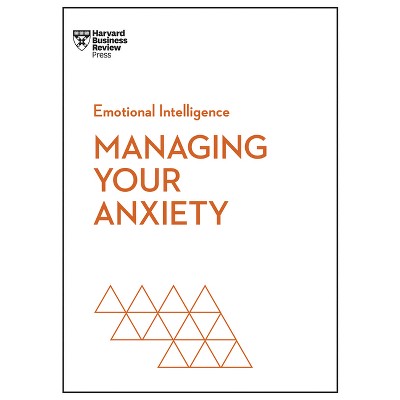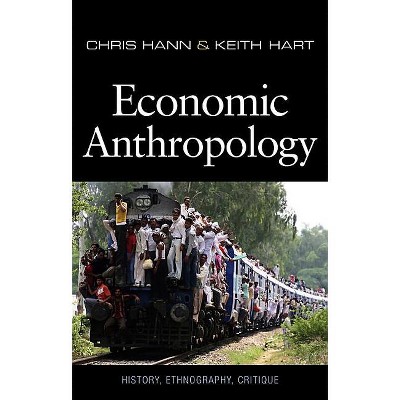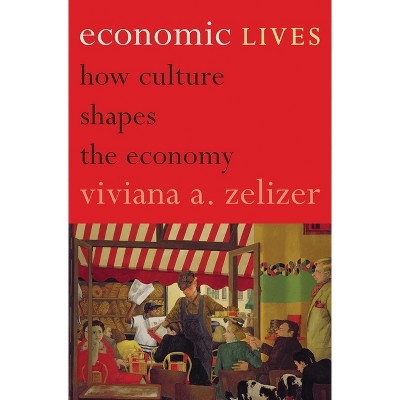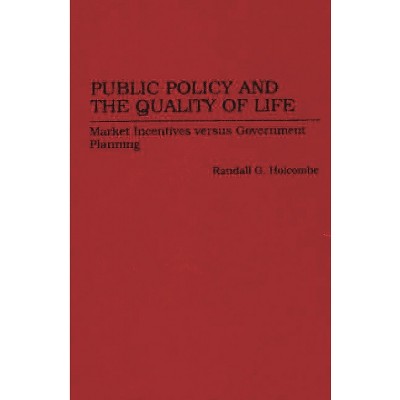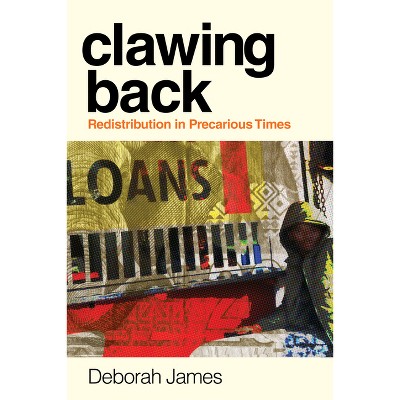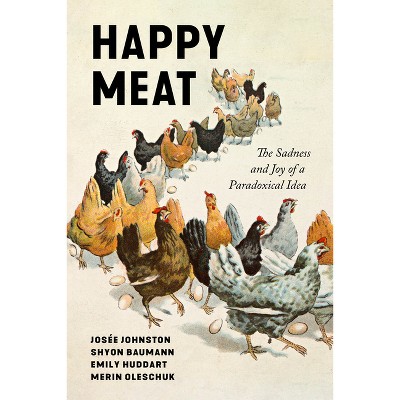Sponsored

Invested - (Culture and Economic Life) by Camilo Leslie
Pre-order
Sponsored
About this item
Highlights
- To be middle class today connotes a certain prudence when it comes to financial decision-making - steadily building one's nest egg rather than carelessly spending.
- About the Author: Camilo Arturo Leslie is Assistant Professor of Sociology at Tulane University.
- 264 Pages
- Social Science, Anthropology
- Series Name: Culture and Economic Life
Description
Book Synopsis
To be middle class today connotes a certain prudence when it comes to financial decision-making - steadily building one's nest egg rather than carelessly spending. Constantly enjoined to put their savings to work in shrewd investments, these subjects must constantly guard their class status. In Invested Camilo Leslie contends that these pressures require middle-class adults to engage professionals, experts, brokers, and organizations for help in financializing their futures. These pivotal relationships that comprise the middle class experience cannot be grasped without an account of trust, and, in this case, its betrayal.
Leslie takes the case of the Stanford Financial Group (SFG) - the second largest Ponzi scheme on record - to explore the vulnerability built into middle classness. The Stanford fraud stands out for its twenty-three-year length, its complex structure, and its geographic breadth, ensnaring victims across the Americas, including this book's focal populations: investors in Venezuela and the United States. Victims of the scheme were invariably members of the middle class, with sufficient investable funds to participate. The book's comparative approach reveals how middle classness is made and manifested differently in distinct settings. Tracing SFG's arc in Venezuela and the U.S. reveals the weight of local political and institutional contexts on middle-class subjects' propensity to trust.
Drawing on interviews with investors, ex-employees of SFG, and a range of professionals with ties to the case, Leslie tells a compelling, often poignant story of an unwieldy category. To be middle-class, he shows, is to occupy not just a material location but a moral and epistemic one in which class members are obliged to trust from a place of ignorance.
About the Author
Camilo Arturo Leslie is Assistant Professor of Sociology at Tulane University.Shipping details
Return details
Frequently bought together
Trending Non-Fiction









